Life

Educators and Parents, Sign Up for The Cheat Sheet
Weekly updates to help you use Science News Explores in the learning environment
Thank you for signing up!
There was a problem signing you up.
-
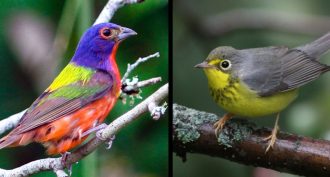 Animals
AnimalsBirds versus windows
Buildings in the United States can be deadly obstacles to flying birds. A new study estimates that as many as 1 billion birds die every year after colliding with windows. And low buildings — not skyscrapers — account for most of those deaths.
-
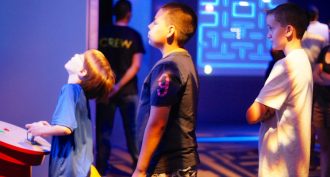 Brain
BrainVideo games can help some people read
People with dyslexia seem to get a boost from screen time.
-
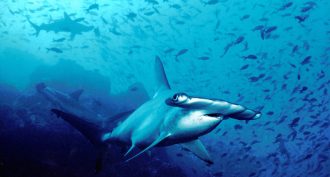 Animals
AnimalsSharks become science helpers
Jaws may scare beachgoers. But sharks bring a smile to some environmental scientists, who are using the toothy fishes to collect data on the ocean.
By Beth Mole -
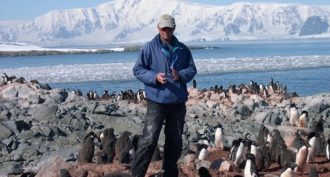 Animals
AnimalsTag, you’re it!
Biologists now deploy a wide range of technologies to track animals. The data these experts collect reveal insights into the behavior of animals that spend much of their lives out of human eyeshot.
By Susan Moran -
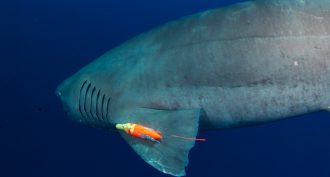 Animals
AnimalsExplainer: Tagging through history
What started as little metal bands have evolved into high-tech devices — some of which rely on satellites to share their findings.
By Susan Moran -
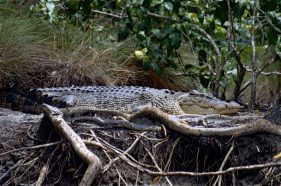 Animals
AnimalsWatch out for tree-climbing crocs
What’s that up in the tree? If you live in the right part of the world, it could be a hungry croc.
-
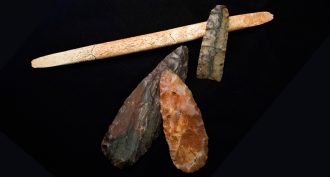 Genetics
GeneticsWhere Native Americans come from
All tribes seem to derive from the same Asian roots, DNA indicates.
-
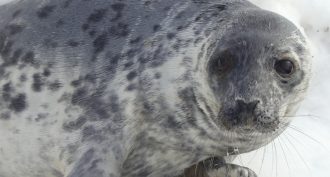 Microbes
MicrobesArctic thaw is spreading wildlife diseases
Polar animals are encountering new, killer parasites as melting ice unlocks their access to new hosts.
-
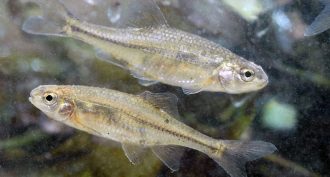 Animals
AnimalsFirst living fish leaves ‘endangered’ list
Twenty-one years ago, a minnow facing a high risk of extinction was placed on the U.S. Endangered Species List. With help from scientists, the fish appears to have largely recovered. It’s the first ‘listed’ fish to do so.
-
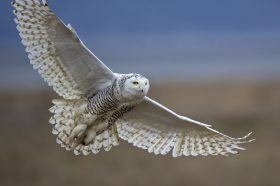 Animals
AnimalsA weekend for the birds
February 14 to 17 is this year’s Great Backyard Bird Count. It offers an opportunity to not only learn about the birds in your neighborhood but also contribute to science.
-
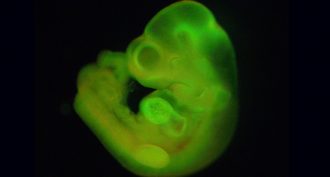 Life
LifeHow to reset a cell
Scientists had reported they had figured out how to turn a specialized cell into any other type of cell the body may need. All it took was an acid bath. But now in July, big doubts have emerged about the quality of that work and whether the results will hold up.
-
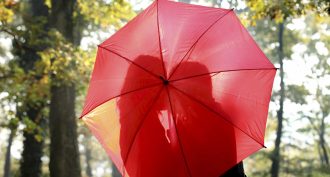 Brain
BrainWhen Cupid’s arrow strikes
Scientists have begun dissecting what it means to be in love. They are finding that much of what we feel can be explained by the effects of a few key chemicals — and not just on our hearts and brains, but on our whole bodies.
By Susan Gaidos